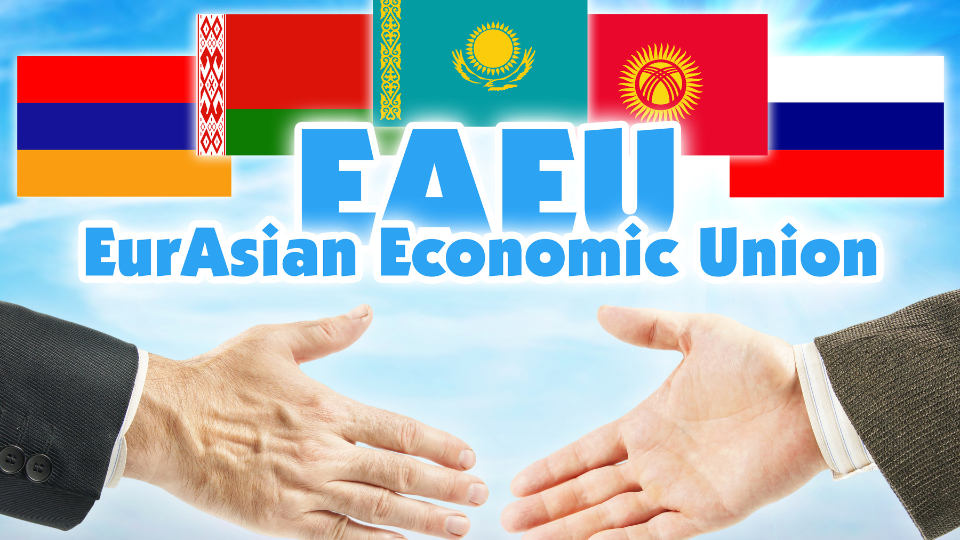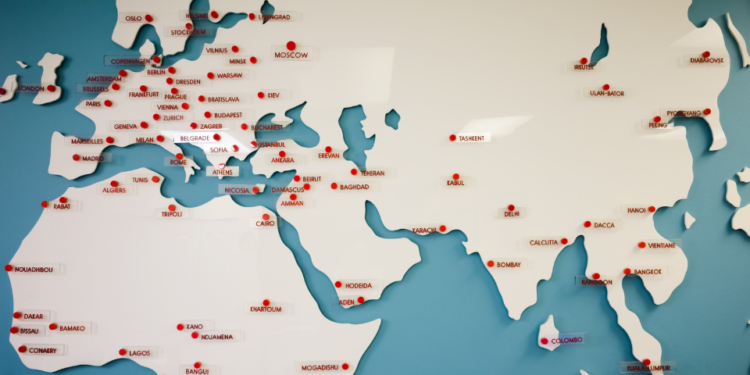Continent classification has long been a subject of debate and intrigue, with definitions often shaped by geographical, cultural, and historical perspectives. Among the seven continents of the world, Europe stands as a prime example of this complexity, sparking discussions and alternative viewpoints regarding its continental status. In this article, we delve into the controversy surrounding Europe’s classification as a continent, exploring its history, arguments for and against, and the cultural narratives that shape our understanding.
A Brief History of Continent Classification
The concept of continents dates back to ancient times when early civilizations developed their own geographical understandings of the world. In classical antiquity, the Greeks divided the world into three continents: Asia, Africa, and Europe, based on their knowledge of the known world at the time. This classification persisted through the Middle Ages and into the modern era, with Europe emerging as one of the major continents alongside Asia and Africa.
The Argument for Europe as a Continent
From a conventional standpoint, Europe is widely recognized as a continent based on geographical, cultural, and historical criteria. Geographically, Europe is distinct from Asia, with natural boundaries such as the Ural Mountains, the Ural River, and the Caucasus Mountains delineating its borders. Culturally and historically, Europe has developed its own unique identity, shaped by millennia of civilizations, languages, religions, and traditions. Additionally, Europe is recognized as a continent in geopolitical contexts, with its own governing bodies, alliances, and geopolitical significance on the global stage.

The Controversy: The Concept of Eurasia
One alternative viewpoint that challenges the conventional classification of Europe as a continent is the concept of Eurasia. Proponents of this viewpoint argue that there is no distinct separation between Europe and Asia, and therefore they should be considered part of the same landmass or supercontinent. This perspective highlights the gradual transition between Europe and Asia, both geographically and culturally, and questions the validity of dividing them into separate continents.
Cultural and Historical Perspectives
Beyond geographical considerations, cultural and historical narratives also play a significant role in shaping perceptions of continent classification. In certain cultural traditions or historical contexts, the concept of continents may differ from the mainstream understanding. For example, some ancient civilizations viewed the world through their own cultural lenses, leading to alternative classifications or interpretations of continents.
Conclusion: Navigating the Complexity
In conclusion, the classification of Europe as a continent is a topic of ongoing debate and interpretation, influenced by geographical, cultural, and historical factors. While mainstream geography recognizes Europe as a distinct continent, alternative viewpoints such as the concept of Eurasia challenge this classification. Ultimately, our understanding of continents is shaped by a myriad of factors, and the complexity of Europe’s classification reminds us of the rich tapestry of human knowledge and interpretation.





















































